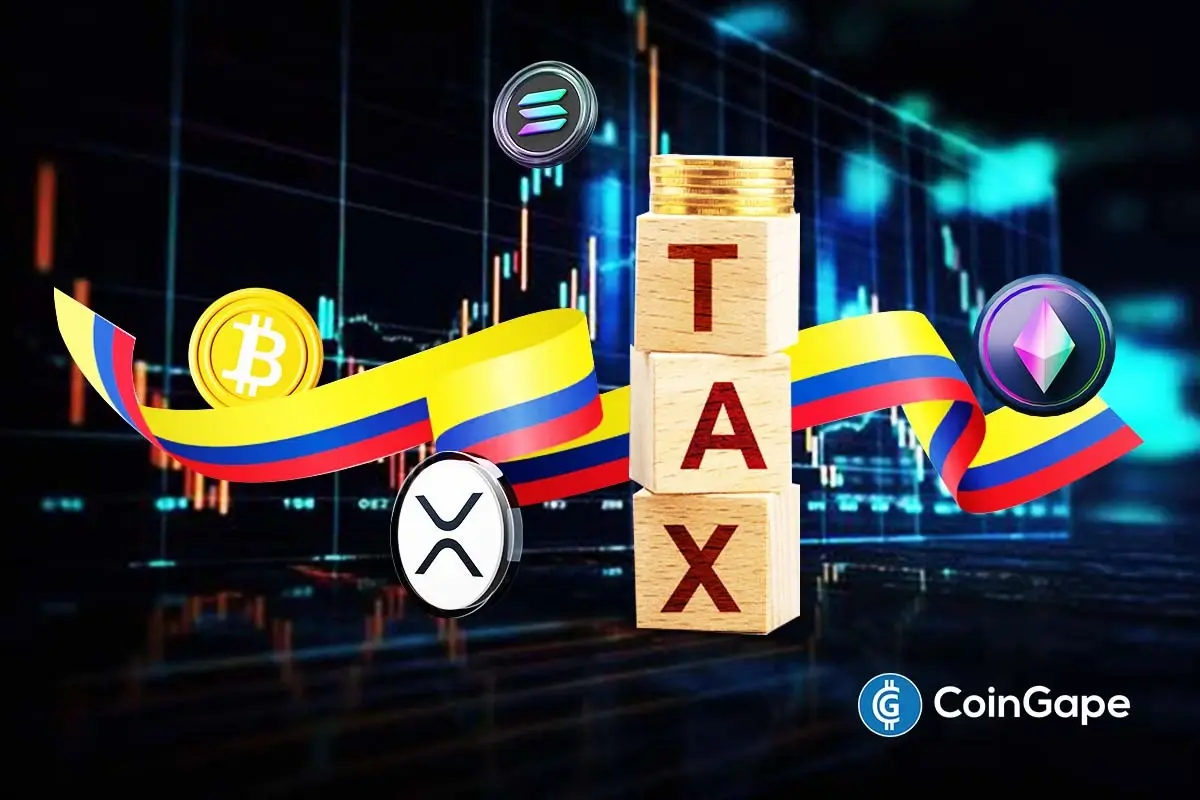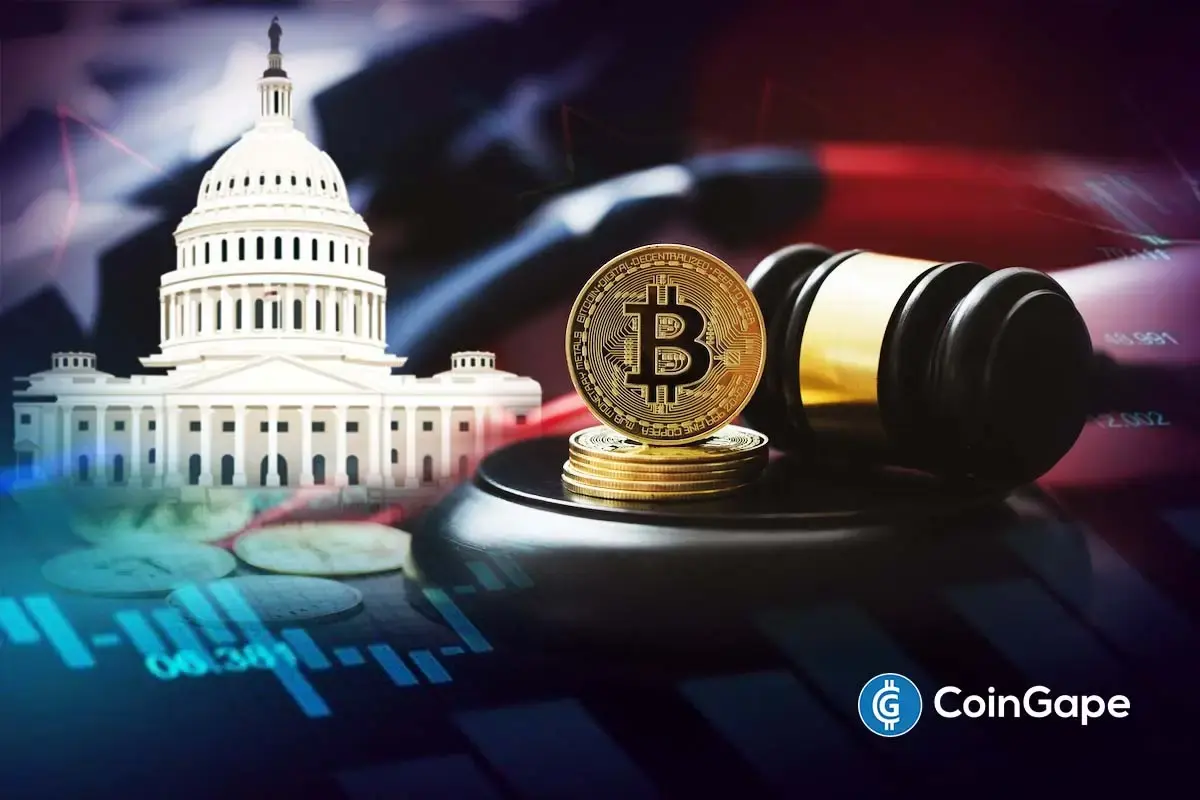South Korea To Limit Credit Card Use For Crypto Transactions

South Korea’s Financial Services Commission (FSC) has introduced an amendment to the Credit Finance Act, aiming to restrict credit card use in cryptocurrency transactions to prevent potential fund misuse and speculative activities. Meanwhile, the regulator’s primary objective is to prevent local citizens from purchasing cryptocurrencies on foreign exchanges, citing fears of illegal fund outflow, money laundering, and the promotion of speculative behavior.
South Korea FSC’s Crypto Purchase Restrictions
The proposed amendment, highlighted in the legislative notice, specifically targets the illegal outflow of domestic funds overseas through card payments on virtual asset exchanges. Notably, the FSC acknowledges concerns related to money laundering and speculative activities, prompting the decision to broaden the scope of prohibited credit card payments.
In addition, the regulator emphasized that virtual assets, as defined in the “Act on the Protection of Virtual Asset Users,” will be deemed prohibited for payment. The move aims to align with international standards and foster cooperation with global brands, potentially strengthening measures against foreign currency outflow and enhancing the policies related to anti-money laundering (AML).
Meanwhile, the FSC invites public opinions on the proposed amendment until February 13, 2024, with expectations of implementation in the first half of the same year.
Also Read: US SEC Argues Terra Ruling Relevant In Binance, Binance.US, CZ Lawsuit
Public Feedback and Implementation Timeline
South Korean citizens, organizations, or entities with opinions on the amendment have the opportunity to submit their feedback online through the Center for Participatory Legislation. In other words, the FSC encourages stakeholders to contribute their perspectives, ensuring a comprehensive consideration of diverse viewpoints.
Notably, the regulatory body aims to review and vote on the proposed amendment swiftly, with an anticipated implementation timeline in the first half of 2024.
Meanwhile, in another recent development in the country’s crypto landscape, South Korea’s National Tax Service has clarified its stance on virtual assets, providing much-needed clarity for decentralized crypto wallet holders. Notably, the National Tax Service announced that individuals holding virtual assets through non-custodial, decentralized wallets, including cold wallets, will not be subject to overseas financial account reporting.
Also Read: XRP Price Dips Amid Whale’s 47.5 Mln XRP Selloff Saga, What’s Happening?
- Pump.fun Announces New Upgrades to Creator Fee Model; PUMP Rises 11%
- Kevin Warsh Becomes Favorite for Fed Chair as Trump Says He Has Decided on Powell’s Successor
- Breaking: Supreme Court Does Not Rule on Trump Tariffs; May Issue Ruling On January 14
- XRP Gains Regulatory Foothold as Ripple Secures UK FCA Approval
- U.S. Jobs Report Shows Mixed Signals in Labor Market; Bitcoin Rises
- What’s Keeping XRP Price Below $3 After a Significant Jan 2026 Rally?
- Top Crypto Analyst Predicts Cardano Price Can Hit $10: Will It?
- Ethereum Price Prediction Ahead of U.S Unemployment Data Drops Today
- Solana Price Prediction if Bitcoin Holds Above $95,000
- Dogecoin Price Eyes $0.20+ Following Massive 218M DOGE Whale Buying Spree
- How CLARITY Act Could Impact Bitcoin, Ethereum, and Dogecoin Prices?















